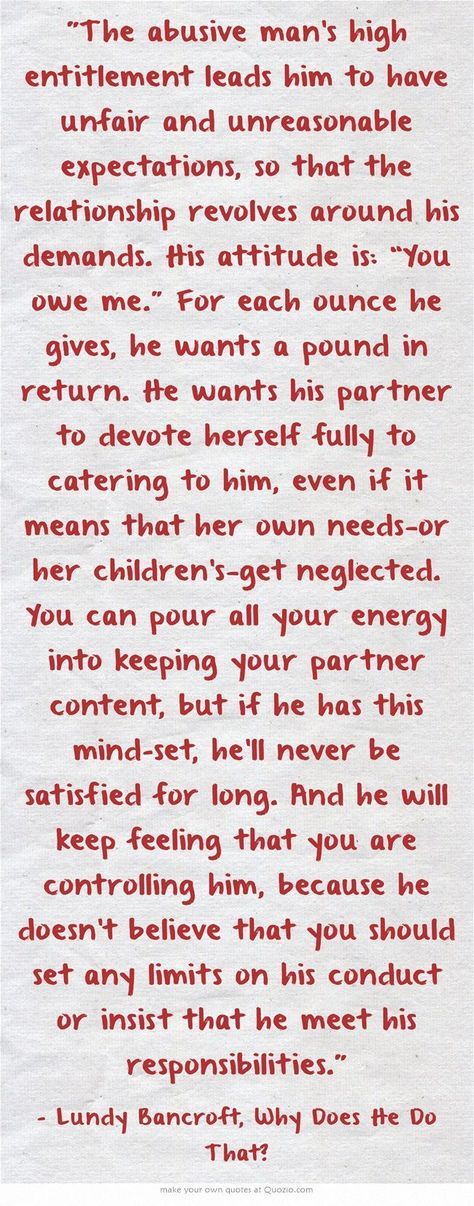Dating a man in recovery
Dating > Dating a man in recovery
Click here: ※ Dating a man in recovery ※ ♥ Dating a man in recovery
There is a limited supply of broken people and we recycle each other. How can you safe guard your relationship for the future? But the Steps are especially useful if you are dating a PIR, because the skills you learn from the Steps may be helpful in your relationship.

Such behavior increases the risk of picking up a. For some people they feel a very social urge to share this new world they have discovered with someone else. Is your recovery solid enough to withstand a relationship. Both people are victims. Many addicts don't have it because their emotional development stopped at the age they became addicted. It may not be possible to ring very far in spiritual terms if people feel closed off from others.
And with this new life he has a new found respect for your past relationship. Particular sets of thoughts or ways of thinking frequently precede drug and alcohol use for example, I need to escape; I can't deal with this unless I'm high; this is a really tough situation--I deserve to get high. Keep up the great work! After I tried online dating, I was sure I would never admit to looking for a relationship online.

5 Signs Sex Is Undermining Your Recovery - I think the two of us should go our separate ways. Certainly, the last thing you want is to start dating someone who likes to party, drink, and use drugs.

There are many reasons men who are struggling to remain sober from alcohol or drugs relapse. There is a saying in 12-step recovery: To achieve lasting sobriety, you only need to give up three parts of your past — people, places, and things. The drugs and alcohol are right there, just like always, and so are the triggers to pick up. At best, the recovering man is forced to watch his old pals still drinking and using and will feel left out. Eventually many sober people are able to socialize with people who still drink or use, but attempting this in the first year or two of sobriety is unwise. More than half the people struggling with drug addiction suffer from a co-occurring mental health disorder such as depression, chronic anxiety, bipolar disorder, or another personality disorder. These issues oftentimes cause uncomfortable feelings in the addict, which he may decide to self-medicate the only way he knows how — by ingesting alcohol and drugs. Until the underlying, co-occurring disorder is properly diagnosed and treated, the potential for drug addiction relapse is high. Sometimes men in recovery are susceptible to life-changing events. Either way — depressing events or joyous events — the real relapse culprit is lack of a social support network. Because of this, they may have nowhere to turn for comfort or advice when their emotional state is at one or the other extreme. In fact, multiple studies have found that women in recovery are less likely than men to relapse, in part because they are more likely to engage in group counseling and more likely to ask for help when challenged. It is vitally important for men in recovery to develop similar support networks — a therapist, a sponsor, and multiple friends in recovery with whom they feel comfortable discussing their lives. Relationships in early recovery pose one of the most significant threats to ongoing sobriety. If the relationship goes awry, the loss can send recovering addicts into an emotional tailspin. Even a minor relationship setback can send an addict reeling, as interpersonal conflicts trigger underlying issues with shame, guilt, anxiety, depression, low self-esteem, and more. This is not a great time to be picking a relationship partner; usually the other person turns out to be as emotionally unhealthy as the addict. In some cases, being drawn to unhealthy sexual or romantic relationships in the early stages of recovery is part of a larger problem. The simple fact is both stimulate the same basic rewards circuitry in the brain. In fact, fMRI imaging of the brain on cocaine and the brain when sexually aroused are virtually indistinguishable. Thus, people struggling with drug addiction are also at risk for sex and love addiction. Men who stop using drugs or alcohol but have not yet addressed their underlying psychological issues and emotional challenges often transfer their chemical addiction into the sexual or romantic arena. Many such men search obsessively, usually online or using smartphone apps, for sexual partners, regardless of whether they are in an existing relationship. Other men pick up women at AA or NA meetings, masturbate compulsively, visit prostitutes and massage parlors, or spend multiple hours a day looking at online pornography. These addictive relationships are distracting and dysfunctional, and they greatly increase the risk for substance abuse relapse. Other times they relapse because their new playmate is using.
Last updated